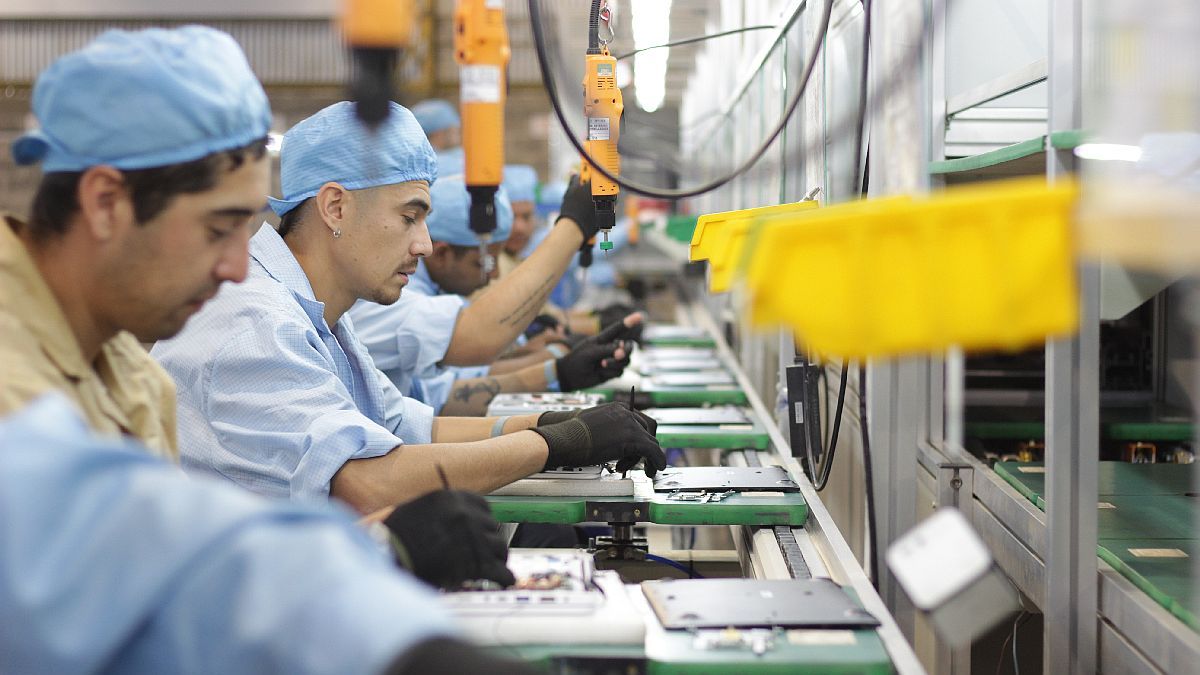The industry fell 6.3% year-on-year in January according to preliminary information from the Production Index prepared by the FAITHFUL foundation.
It was from widespread falls of activity that reached the sectors of food and beverages, textiles, chemicals and plastics, non-metallic minerals, metalworking industry and automotive industry.
In seasonally adjusted terms, the industrial production for the month fell 0.9% compared to December, chaining two months of decline and resuming the downward path after the impasse registered in November, according to the entity.
Industry: two sectors continued to grow in January
According to the IPI of FIEL, in the first month of 2024 Only paper and pulp production (1.9%) and oil refining (1.1%) grew year-on-year.
For their part, cigarette shipments equaled the level of January 2023.
Industry: the sectors that recorded the greatest falls in January
The remaining branches of industrial activity registered setbacks, beginning with the production of textile inputs that were cut by 2.2%, followed by the production of chemical and plastic inputs that contracted by 3.1% and that of food and beverages that contracted by 4.9%.
With higher-than-average year-on-year drops in activity, the basic metal industries (-8.7%), non-metallic mineral production (-13%), automotive production (-16.4%) and metalworking (18.7%).
“In terms of short-term perspectives, the industry at the beginning of 2024 is going through a period of adaptation to the new economic scenario, characterized by a marked change in relative prices of goods and services, a strong deterioration in the purchasing power of the public and greater incentives for export”Fiel said in his report.
“The production of sectors linked to the consumption of textiles, footwear, durable white, grey, brown and small household appliances will be affected by the deterioration of real income and the readjustment of family expenses. Other goods with less elastic demands could sustain sales and production, even when this implies migrations towards lower quality goods”, added the Foundation.
Despite the general recessive scenario, FIEL considered that Sectors with international insertion could with a greater margin overcome the impact of the contraction of the domestic market, such the cases of foods, chemicals and plastics, common metals, processed metals and vehicles.
“When considering the more medium-term perspectives, one should not lose sight of the economic scenario in Brazil, which could add traction to local industrial activity”finished the work.
As far as 2023 is concerned, the FIEL Industrial Production Index (IPI) registered a decline of 1.3% in 2023 compared to the previous year, interrupting two years of improvement in the post-pandemic rebound. “In this way, industrial production in 2023 was 5% lower than that of 2011 when there was the highest record of activity more than a decade ago,” the Foundation stated.
Source: Ambito




